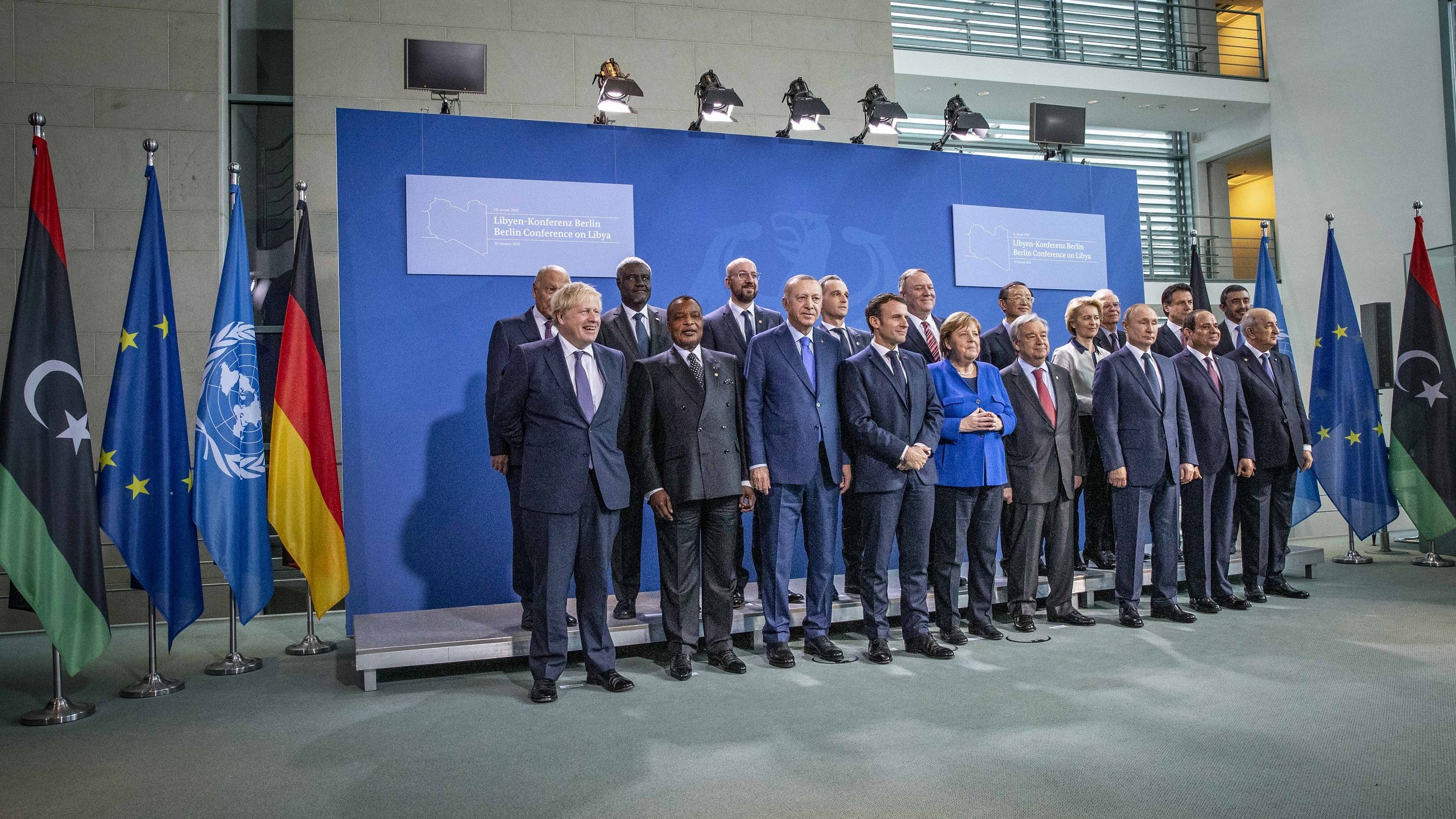The Berlin II Conference
Al-Masry Al-Youm, Egypt, June 26
The Berlin II Conference re-emphasized the necessity of withdrawing foreign forces and mercenaries from Libya, similarly to the same demands previously raised in the Berlin I Conference, which was held in January of last year. It is true that this time around, the issue of withdrawing foreign fighters was not raised as a direct demand to the parties involved in the conflict. However, it was a recurring appeal that was voiced in a series of meetings that took place over the course of the past month in various European capitals – including the G7 Summit in Britain, the NATO summit in Belgium, and the recent meeting between the French and Turkish foreign ministers in Paris. In all of these events, the topic of the withdrawal of foreign fighters from Libya, especially the Syrian militias imported to the country by the Turkish government, was discussed. The importance of the Berlin II Conference is that it brought together the influential parties in the Libyan conflict, including Egypt, the United Arab Emirates, Turkey, and Russia, as well as European parties such as France, Italy, and Germany. It was also attended by the US secretary of state. Thanks to this multilateral participation and international pressure, Russia and Turkey agreed to an interim step of withdrawing 600 militiamen from the country. Ankara’s position was evasive on this matter. It sought to draw a distinction between actual soldiers who were involved in fighting, and military experts and advisors who came at the invitation of the former Libyan Government of National Accord. The Berlin II Conference is a step forward, not because it led to exceptional results that differ from Berlin I or from the United Nations Security Council resolutions, but because it presented, for the first time, tools to implement real change on the ground. The most important one is the gradual withdrawal of foreign troops from Libya and the strengthening of the current government. That most direct implication is that Libya will be able to hold free and fair elections next December. However, if foreign mercenaries remain in the country, then the elections would have to be postponed – leading to more division and violence in a country already governed by weak political institutions. –Amr Al-Shobaki (translated by Asaf Zilberfarb)
This holiday season, give to:
Truth and understanding
The Media Line's intrepid correspondents are in Israel, Gaza, Lebanon, Syria and Pakistan providing first-person reporting.
They all said they cover it.
We see it.
We report with just one agenda: the truth.



